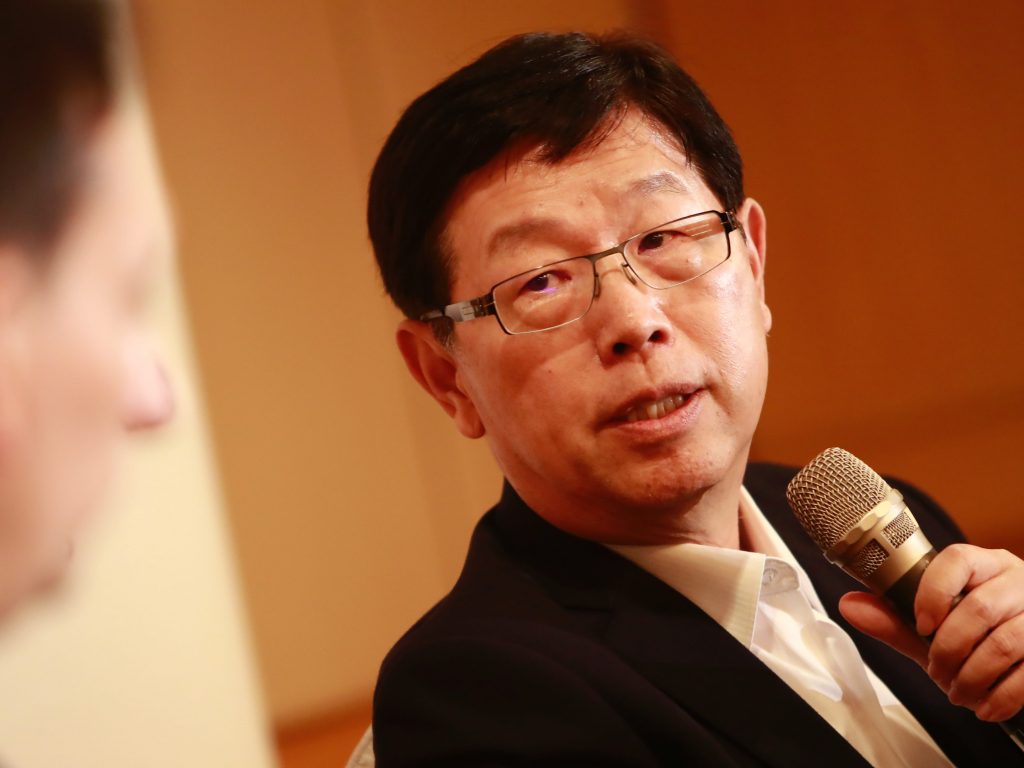- Apple's top iPhone maker Foxconn said its Chinese rivals were poaching its workers in Vietnam.
- Vietnam has 31 companies that employ 160,000 workers to manufacture and assemble Apple products.
- Apple wants to reduce reliance on China and has been urging suppliers there to expand into Vietnam.
A battle for talent is heating up for the 160,000 workers who assemble Apple's products in Vietnam, with a top iPhone assembler crying foul over how its Chinese rivals are attempting to attract cheap labor in the Southeast Asian country.
Young Liu, the CEO and chair of Foxconn, the world's largest iPhone maker, told reporters on Saturday he noticed the company's Chinese competitors were setting up campuses near its base in Vietnam to get closer to its workers.
"When our competitors found out where Foxconn was building our factory, they went to buy a piece of land next to ours, so that they could ride on our coattails and poach our talents with high salaries," Liu said, according to Bloomberg.
Per the outlet, Liu said that the company's Bac Ninh City campus currently employs around 60,000 workers, but that he plans to "significantly" increase that number over the next two years.
Foxconn did not immediately respond to Insider's request for comments.
China-based manufacturers have been grappling with increasing production costs in the country, and many are attracted by Vietnam for its abundance of cheap and skilled labor, according to an investment report from AXA Investment Management released in September.
At least three Chinese suppliers plan to assemble more Apple products in Vietnam. BYD will begin producing iPads in Vietnam this month, per Nikkei Asia. Luxshare ICT and Goertek are also setting up shop in Vietnam to assemble AirPods, Apple analyst Kuo Ming-Chi said in a tweet in May.
They'll join the current crop of 31 companies — employing around 160,000 workers — that currently produce Apple products in Vietnam, according to Saigon Online.
For Apple, there are strategic considerations as it looks to reduce its reliance on China for product assembly. In 2020, Apple requested Foxconn to start making MacBooks and iPads in the Southeast Asian country, citing a need to minimize the impact of US-China trade tensions, per Reuters.
China's tough stance on COVID-19 was another reason for Apple's push into Vietnam, according to a Wall Street Journal report last month. The company recently said that China's COVID-19 restrictions in China could cost it $4 billion to $8 billion in revenue for the current quarter ending June. Foxconn had to shut down operations in Shenzhen for a few days in March as the city tried to tackle a spike in COVID-19 cases.
